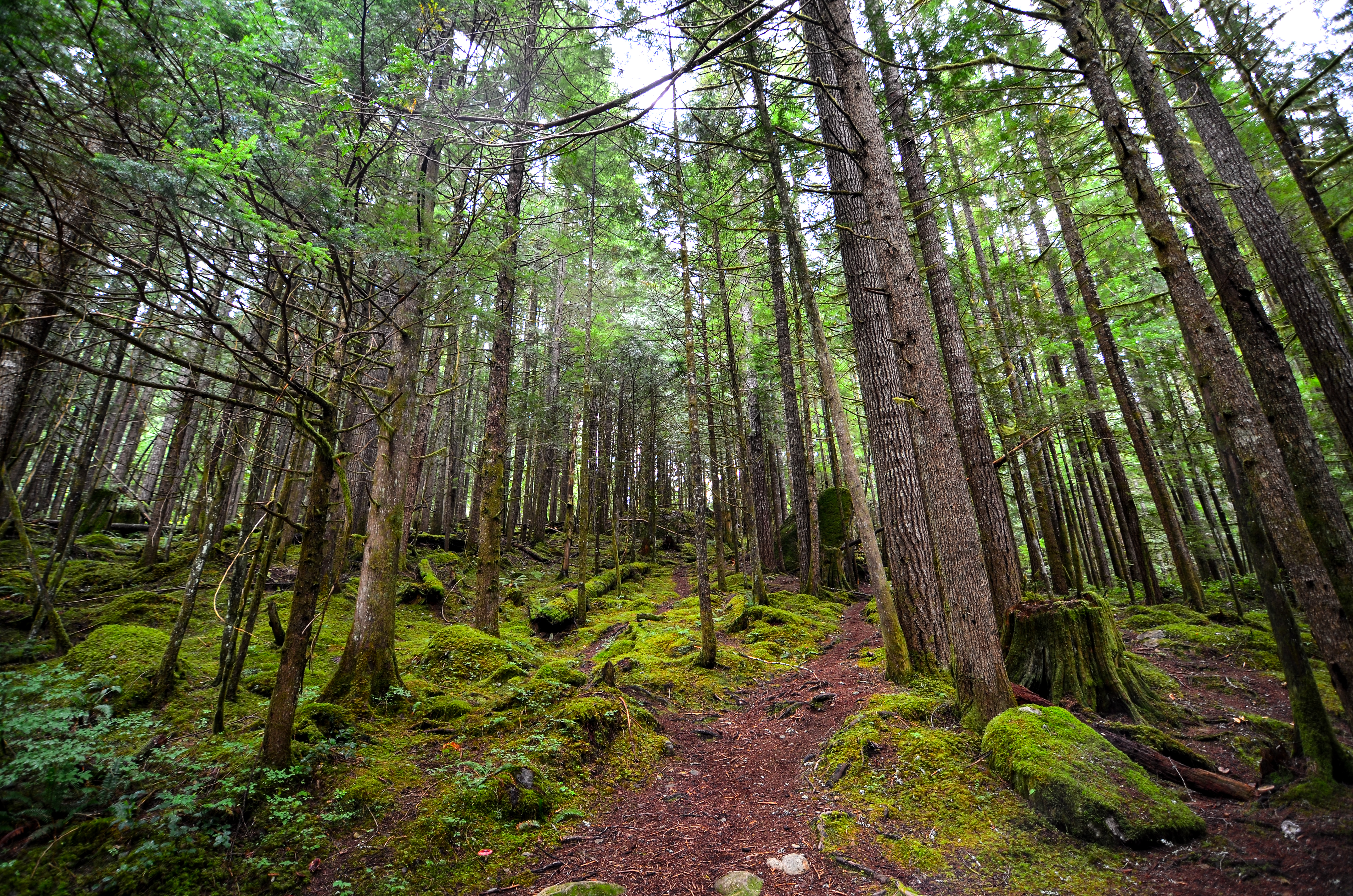
The Fight For Legacy Forests Part Six: What Some Beneficiaries Think About The Fight To End Harvests Of Older Trees
Listen
(Runtime 2:18)
Read
In the sixth story of “The Fight for Legacy Forests,” Lauren Gallups reports on how some communities are worried about losing money from timber harvests, which pay for services they need.
In Skagit County, revenue from timber harvests supports basic services like fire, police, and forest recreation. Skagit gets around $10 million annually.
Kendra Smith is a consultant for Skagit County on forestry issues. She says those services will suffer if there are fewer harvests. For instance, recreation on state lands.
“So you stop harvests, and you don’t have that money coming in. You don’t have your trail heads. Think of this. Think of people without port-a-potties out there. Think of people parking their cars everywhere … they already don’t have enough in their fee, in their management budget,” Smith says.
Smith says she wants the Board of Natural Resources, which approves timber sales, to study the consequences of harvesting fewer trees. The board is currently undergoing a review of stopping harvests on trees older than 1900.
Timber plays a role in many rural communities across Washington, including the City of Forks on the Olympic Peninsula.
Rod Fleck, city planner and attorney for Forks, says the timber industry has taken hits already in town.
“We lost two mill operations about seven years ago, that were, when they, when those closed, 85 to 95% of our manufacturing sector of the census. Over 100 or so jobs were lost with the closure of those mills,” Fleck says.
Clallam County, where Forks is located, has higher poverty rates and lower median income than the state average. According to the most recent census data, over 13% of the county population were in poverty, compared to 9% statewide.
Fleck has been strident in his defense of harvesting timber, as the revenue generated supports government services in Forks.
Fleck says the Department of Natural Resource’s Habitat Conservation Plan ensures revenue for communities across Washington. So, he wants the department to stick to it. He takes issue with conservation groups trying to protect more forest area from harvest.
“That was the agreement, that was a fixed point in time. Those are the hard and fast rules. And so now we’re talking about something different,” Fleck says.
While a number of people across the state want to protect older forests…those in rural communities fear what will happen to the services they need if timber harvests decline.
Produced with assistance from the Public Media Journalists Association Editor Corps funded by the Corporation for Public Broadcasting, a private corporation funded by the American people.















